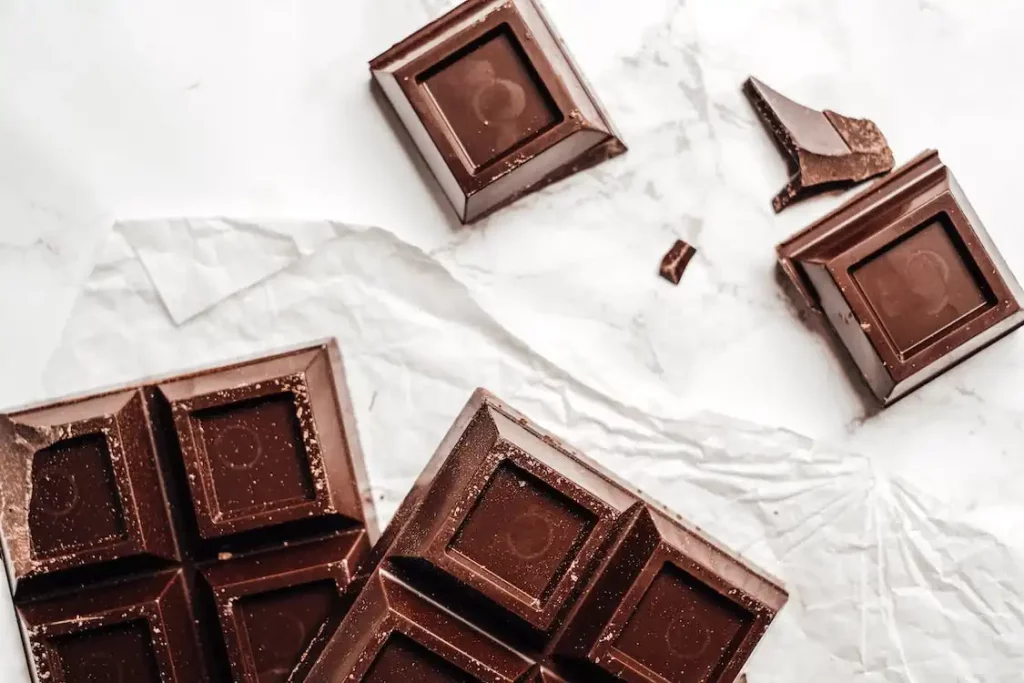Traces of chocolate, a food made from cocoa beans, were discovered by archaeologists in pottery artifacts believed to have been used by the ancient Mayo-Chinchipe culture 5,300 years ago – which just goes to show how people’s love for this confection runs deep.
Chocolate’s attraction is hard to resist for most of us, and a team of scientists has now discovered a key reason for this.
We all know that whether liquid, solid, or paste, this food product made from roasted and ground seed kernels of the cocoa tree fruit has a whole lot going for it. It is chock-full of hundreds of chemical compounds, some of which can trigger the brain’s pleasure centers to alter our mood.
But there is one particular aspect that renders chocolate so beguiling. The process of melting from a solid form into a smooth emulsion is precisely what many people find irresistible, an interdisciplinary research outfit at the University of Leeds, UK has revealed.
The actual physical process that starts from the moment one pops some chocolate into one’s mouth was analyzed by the study, published in the scientific journal ACS Applied Materials and Interface.
After experiments were conducted using a luxury brand of dark chocolate on an artificial 3D tongue-like surface (designed at the University of Leeds), the team resorted to tribology – an analytical technique implemented in engineering, for further studies. Tribology gives insight into how surfaces and fluids interact, and how lubrication facilitates this.
The research found that the melting chocolate sensation we all succumb to so eagerly stems from the way the confection is lubricated. This process happens either under the effect of ingredients in the chocolate itself, or from saliva, or a combination of both.
Furthermore, the team insists that the fat component of chocolate is only felt immediately when a piece of chocolate comes into contact with the tongue. However, afterwards, once the solid cocoa particles come into play, they are responsible for the pleasurable tactile sensation.
Interestingly, the team discovered that, accordingly, the fat content could be reduced, rendering the food more health beneficial, without detracting from the delightful taste.
“With the understanding of the physical mechanisms that happen as people eat chocolate, we believe that a next generation of chocolate can be developed that offers the feel and sensation of high-fat chocolate yet is a healthier choice. Our research opens the possibility that manufacturers can intelligently design dark chocolate to reduce the overall fat content,” Dr. Siavash Soltanahmadi, from the School of Food Science and Nutrition at Leeds and the lead researcher in the study, was cited as saying.
Anwesha Sarkar, professor of colloids and surfaces at the School of Food Science and Nutrition at Leeds, added that the lubrication science offered “mechanistic insights into how food actually feels in the mouth.”
Accordingly, this knowledge could be put to excellent use, enabling the creation of food with better taste, texture, and health benefits.
Image credit: Vie Studio
